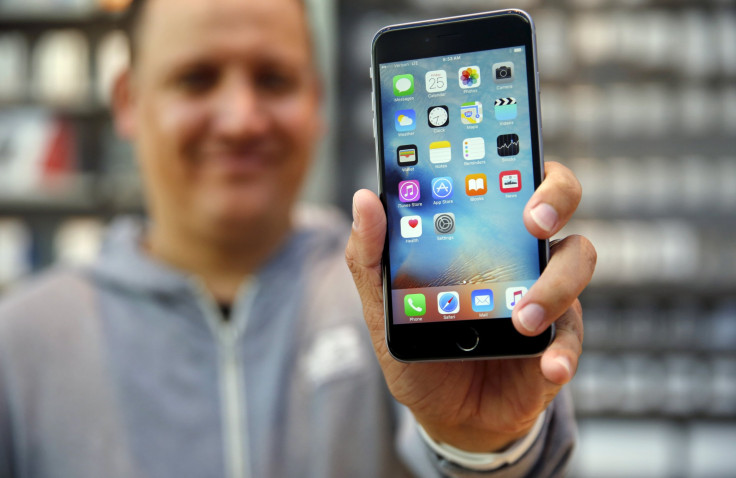Apple Ordered To Pay $234M In U. Of Wisconsin Patent Dispute

By Andrew Chung
(Reuters) -- A U.S. jury on Friday ordered Apple Inc to pay the University of Wisconsin-Madison's patent licensing arm more than $234 million in damages for incorporating its microchip technology into some of the company's iPhones and iPads without permission.
The amount was less than the $400 million the Wisconsin Alumni Research Foundation (WARF) was claiming in damages after the jury on Tuesday said Apple infringed on its patent for improving the performance of computer processors.
The jury deliberated for about 3 and a half hours before returning the verdict in the closely watched case in federal court in Madison, Wisconsin. It was the second phase of a trial that began on Oct. 5.
The jury was considering whether Apple's A7, A8 and A8X processors, found in the iPhone 5s, 6 and 6 Plus, as well as several versions of the iPad, violated the patent.
WARF sued Apple in January 2014 alleging infringement of its 1998 patent on a so-called "predictor circuit," developed by computer science professor Gurindar Sohi and three of his students.
Much of the dispute over damages had to do with whether a certain portion of Apple's chips that were placed in devices sold abroad, rather than in the United States, also violated the WARF patent.
The case is Wisconsin Alumni Research Foundation v. Apple Inc, U.S. District Court for the Western District of Wisconsin, No. 14-cv-62.
(Reporting by Andrew Chung; Editing by Alexia Garamfalvi and Tom Brown)
© Copyright Thomson Reuters 2024. All rights reserved.











